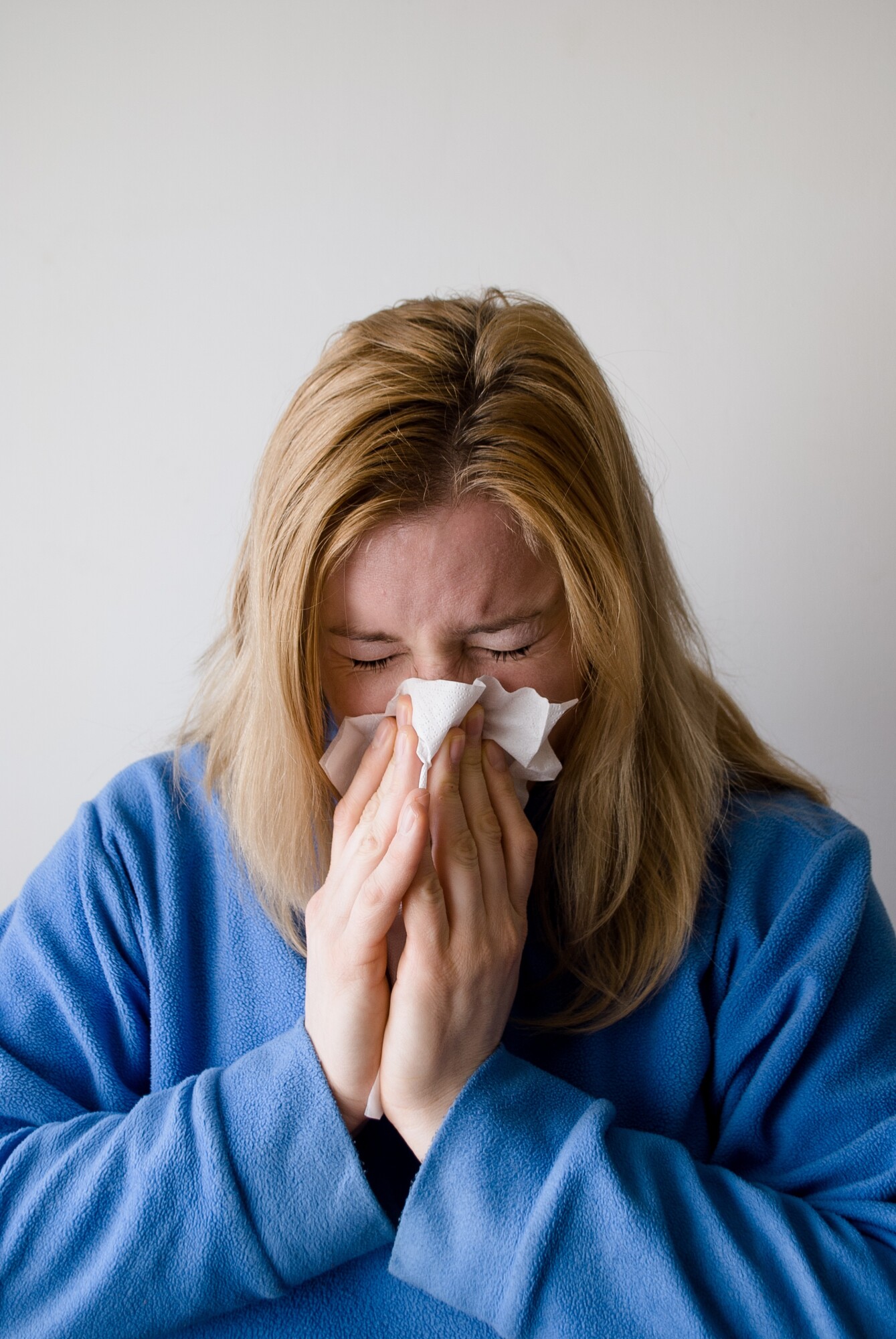
The Complete Guide to Treating Winter Allergies

Are you starting to feel some symptoms of winter allergies?
As we reach the summit of the winter season, colder and harsher temperatures will surely come our way. This is especially true for those in the northern part of the country. As such, a rise in the occurrence of winter allergies is not unusual.
Keep reading to find out how you can get better today!
Minimize Exposure to Allergy Triggers
During the winter, we spend more time indoors exposed to different indoor allergies. Two of the most common indoor allergy triggers are dust and dust mites.
The more we breathe in these allergens, the more likely we’ll show winter allergy symptoms. So if you want to prevent getting winter allergies, it’s best to minimize your exposure to these.
One way to reduce dust and dust mites inside your house is to install air filters. This helps filter the air you breathe and hence, reduces allergen intake.
It’s also helpful to wash in hot water at least once a week to help prevent dust and dust mites buildup. If possible, opt to use allergy-proof covers on your pillow and mattress.
Make sure to vacuum your carpets at least twice a week. Wipe and clean surfaces where dust regularly settles. When wiping, use a wet sponge or towel, as dusters will only cause the dust to fly, circulate, and settle on other areas.
Don’t Forget to Deal with Molds
Aside from dust and dust mites, mold can worsen seasonal allergies. Mold grows in the shower or anywhere with moisture.
As a preventive measure, throw out or change all that have mold in them, such as your shower curtain or carpet. Upon spotting a mold, it’s always best to get rid of it.
The longer you let it linger, the higher the chance mold spores will get into your HVAC system. As a result, your winter allergy symptoms will worsen.
Since molds thrive in moist places, using a dehumidifier in your home is also recommended. This can help to prevent mold development. For those with asthma, it’s essential to have your Advair Inhaler ready during these times.
Practice Good Hygiene
The number one way that you can do to fasten the healing of winter allergies is to practice proper hygiene. This is important in preventing the development and spread of seasonal allergies. Thus, it’s essential to take a bath and wash our hands before eating regularly.
For those who have furry pets at home, make sure to wash them at least once a week to reduce dander. Dander is the dead skin cells your pets shed, which is a primary allergy trigger. Make it a habit to refrain your furry pets from staying on your bed too.
Take Over-the-Counter Medicines
Over-the-counter (OTC) medications refer to medicines that you can buy without prescriptions. Antihistamines like Telfast or Allegra are some of the OTC medicines that provide relief for winter allergy symptoms such as sneezing and an itchy nose.
Desloratadine is also a good option as it works for both indoor and outdoor winter allergies. Note that most antihistamines have a sedating effect. A better option would be Claritin or Allegra, as they have non-drowsy properties.
Suffering from sore throats? Betadine Sore Throat Gargle and Difflam lozenges are the exact winter allergies treatments you need.
These have anti-viral and bacterial agents that can help relieve sore throat. They also contain anti-inflammatory agents to help with inflammation.
Nasal Sprays Work like Magic
If you think pills aren’t working fast enough, consider getting a nasal spray. Nasal spray generally works faster than pills.
Prescribed or OCT nasal sprays can help treat congestion, itchy eyes and throat, and the likes. When you use Imitrex Nasal Spray, for instance, you’ll start feeling relieved 10 to 15 minutes after use. You can also try a saline spray that is safe for children’s daily use.
Ask for Allergy Shots
If you’re someone who not only often suffers from winter allergies but also has an ongoing allergy, consider getting allergy shots. While these don’t provide instant relief, they offer a long-term solution.
Allergy shots help your body develop immunity from allergens. Meaning, you won’t be as sensitive as before; thus, you’ll less likely suffer from winter allergies.
Note that allergy shots can take as long as 6-12 months and an extra 3-5 years of maintenance. Aside from this, it also requires a hefty financial investment.
Improve Your Diet
Another way to treat your winter allergies is to have a healthy diet. Specifically, eat a low-fat and high-carbohydrate diet to reduce allergy symptoms.
Don’t forget to consume dark leafy green vegetables and other varieties such as carrots and yams. Spices such as garlic, ginger, and horseradish are also advisable. Most of all, make sure to stay hydrated when you’re experiencing winter allergies.
Help Cure Winter Allergies with a Good Rest
Sleep loss is commonly linked to a higher risk for infection. For example, restricting sleep to 4 hours per night can result in a 50% decrease in your body’s production of antibodies.
Evidence shows that rest is one of the best and most natural ways to boost your immune system and fight illnesses such as winter allergies. Therefore, the more rest you get, the more energized your body will be. As a result, there will be enough antibodies produced to fight off symptoms of winter allergies.
Take Vitamins and Herbal Supplements
While a healthy human body can fight off symptoms of winter allergies, giving it a little boost won’t hurt. Immune boosters such as vitamins and herbal supplements can help your body get the nutrient it needs to function effectively. BePure One Daily Multivitamin, for instance, is the ultimate multivitamin you need to help deliver essential nutrients to the body.
Go Olive Leaf is also a more specific supplement that you can take you support and boost your immune system’s response to winter allergies. This formula contains natural ingredients such as ginger and beta-glucans that can provide throat comfort and more.
Get All that You Need at Kiwi
Kiwi brings you the most popular and high-quality medical products straight from a large 40-years old pharmacy. With our competitive price, you’ll be able to save up to 50% more when you buy at Kiwi.
We have the finest cure for winter allergies to the best herbal supplements. You can trust Kiwi to take responsibility for your health. So, reach out to us today and get a taste of our valued services.
Related Posts


